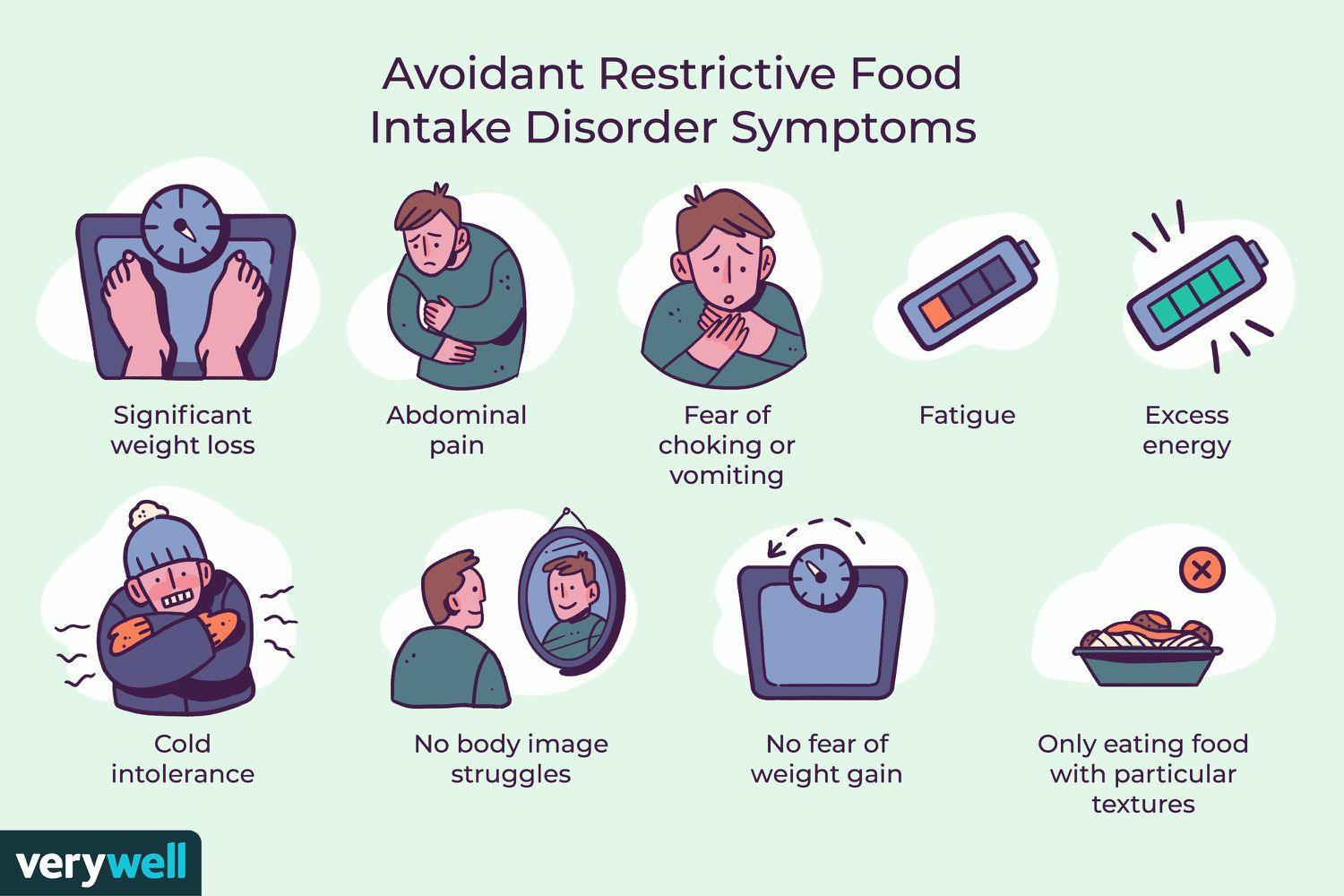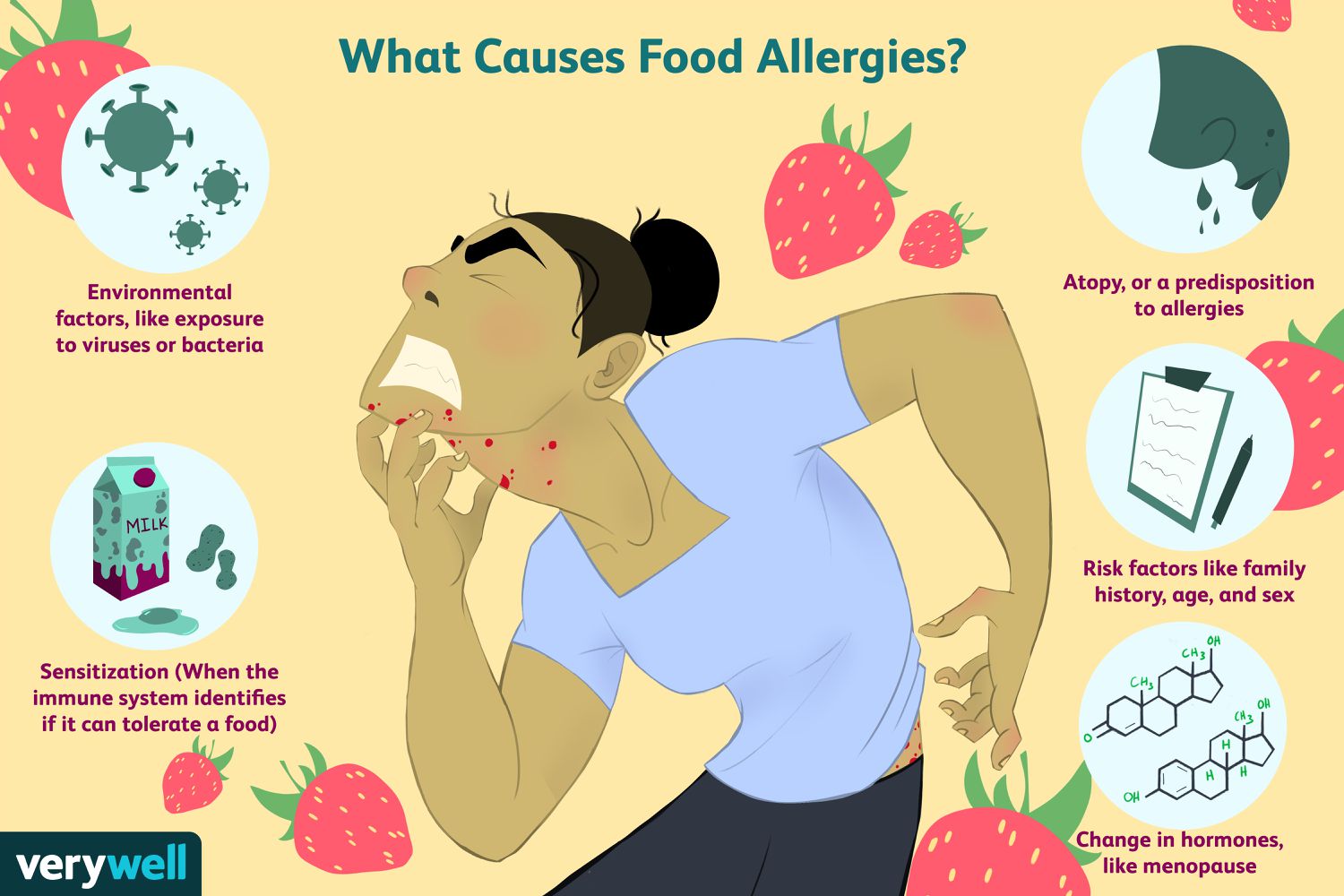Decoding Food Aversion In Adults

Food aversion is a phenomenon characterized by a strong dislike or avoidance of certain foods, impacting one’s dietary habits and nutrition. It’s important to grasp the causes and solutions to foster a healthy relationship with food.
Each of us harbors distinct gustatory yearnings that can persist for days, even extending into weeks. One week, the heart may covet poultry, while the following week, it may pine for a succulent cut of beef. September might unveil an insatiable craving for tacos, whereas October might exclusively comprise leafy salads.
These gastronomic inclinations contrast starkly with a general disinterest in the act of nourishment itself. The prevailing misconception is that such peculiar aversions are primarily associated with the developmental phases of children and adolescents as they mature and engage with the external world.
However, it is imperative to acknowledge that abrupt food aversions can insidiously infiltrate the lives of grown-ups, leaving acquaintances and family members perplexed at the speed with which this enigma unfolds. Familiarizing oneself with the subtle indicators is crucial, as it enables one to extend assistance to oneself or to a cherished companion when the capacity to ingest specific victuals seemingly evaporates into the ether.
The Underlying Factors of Sudden Food Repulsions and Food Aversion
A food aversion denotes an intense aversion to a specific comestible. Such aversions are not unusual, provided they are counterbalanced by the incorporation of alternative nutrient sources. However, when food aversions encompass substantial food categories, leaving one foraging for dietary remnants, the ordeal takes on an onerous character.
These aversions are attributable to a spectrum of causes, ranging from hormonal shifts to the manifestations of eating disorders. Here are a few of these underlying causes:
- ARFID – Avoidant/Restrictive Food Intake Disorder (ARFID) manifests as a disinterest in eating, stemming from a variety of triggers, including traumatic experiences, societal influences, or idiosyncrasies such as gustatory preferences and textural attributes.
- Food Neophobia – Food neophobia epitomizes an unwillingness to sample novel victuals, which can result in selective eating habits or other avoidance behaviors concerning food consumption.
- Pregnancy – Food aversions can manifest during the initial trimester due to the surge in the human chorionic gonadotropin (hCG) hormone.
Identifying Signs of Sudden Food Aversion in an Individual

Several conspicuous behavioral manifestations typify individuals who abstain from food consumption, linked to their inclination toward weight loss and gain and the physiological responses to these changes. Watch out for the following alterations:
- Resisting the ingestion of particular foods.
- An acute dread of emesis or choking.
- Apprehension or difficulties associated with dining in the company of family and friends.
- Dwindling body weight.
- Stunted growth or a complete absence of growth.
- A protracted, leisurely pace of eating.
While these symptoms are recurrent, other distinctive cues may be discerned. ARFID, as an eating disorder, often results in nutrient insufficiencies. Many individuals afflicted by ARFID may necessitate oral supplements for the preservation of their well-being, and those in close proximity to them may observe alterations in their psychological equilibrium.
How to Address the Underlying Causes of Sudden Food Aversion

As we’ve discussed previously, it’s acceptable to replace specific foods with alternative nutrient sources that meet essential dietary requirements. When such substitution isn’t feasible, one should explore alternative strategies. Concealing the aversive food within a more palatable medium or altering its texture can render it more appealing.
Alternatively, collaboration with a treatment facility like Shoreline or a mental health specialist can illuminate the path to managing ARFID in adults and identifying personalized resolutions.
Addressing Disordered Eating with the Shoreline Center for Eating Disorder Treatment
Recognizing that abrupt food aversion is an anomaly, it’s crucial not to trivialize it. When grown-ups curtail their dietary intake and exhibit a marked disinterest in food, it should serve as a cause for concern among family members and acquaintances. For those seeking ARFID treatment, do not hesitate to contact the Shoreline Center for Eating Disorder Treatment.
Our PHP programs are a vital part of our personalized approach to help individuals with eating disorders. Contact us at 844-707-4190 for guidance on managing food aversions and supporting your loved ones.
